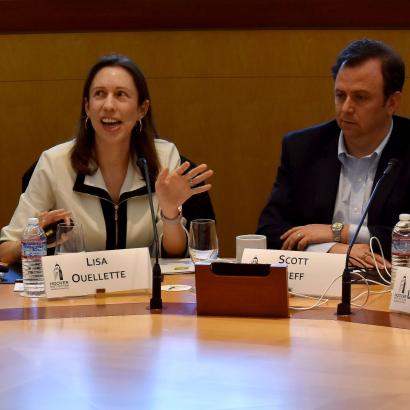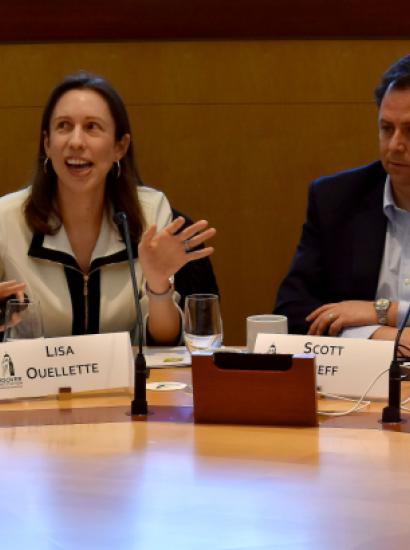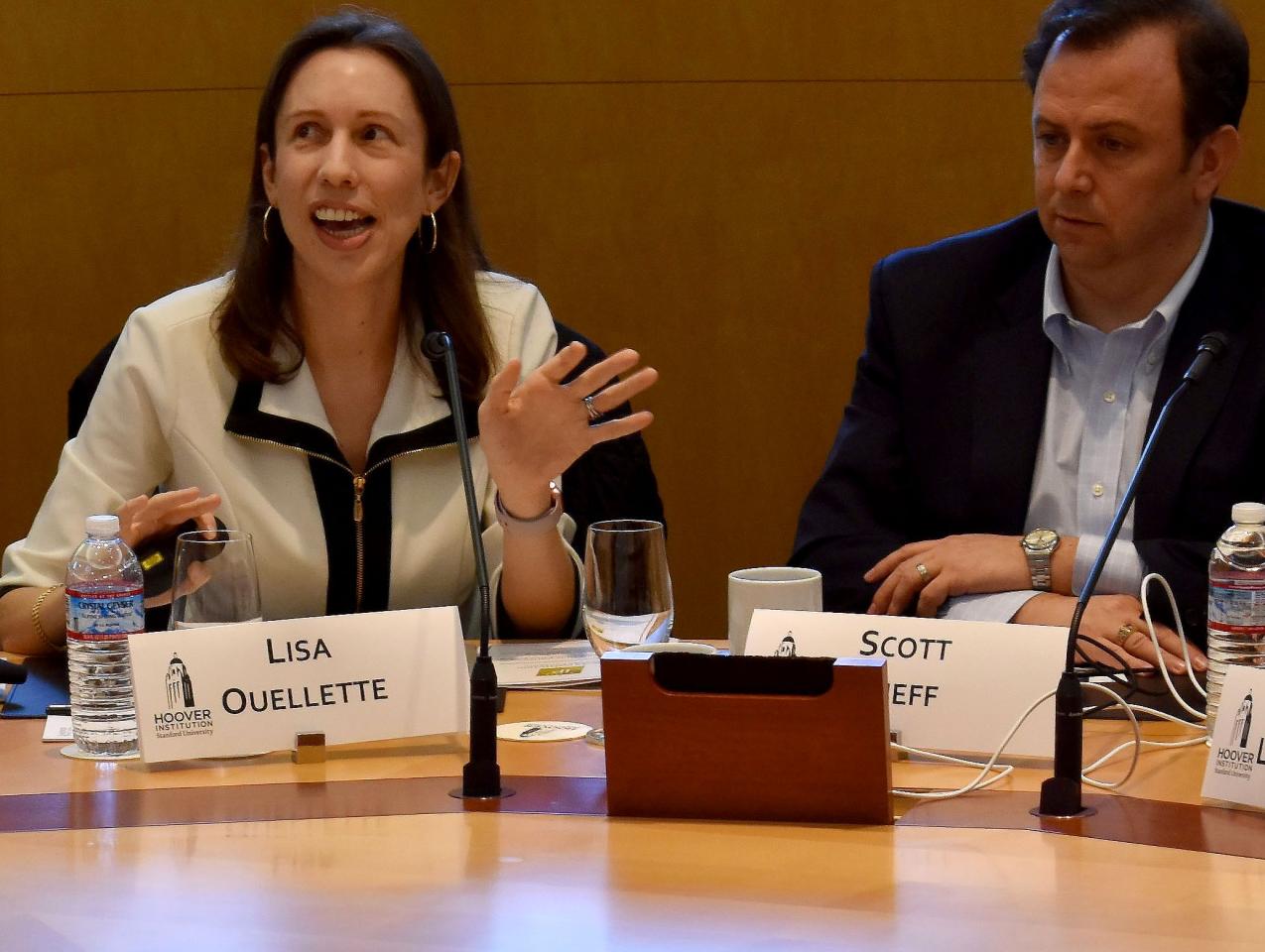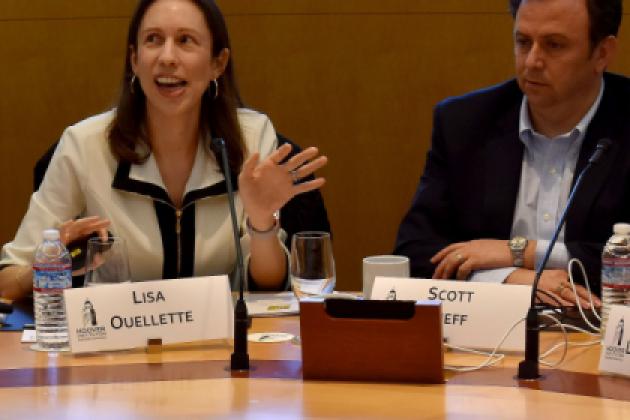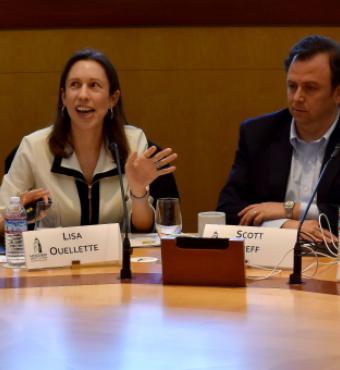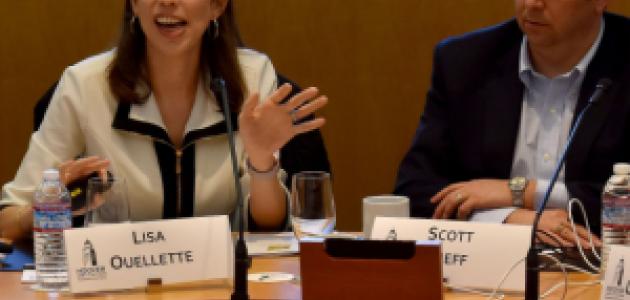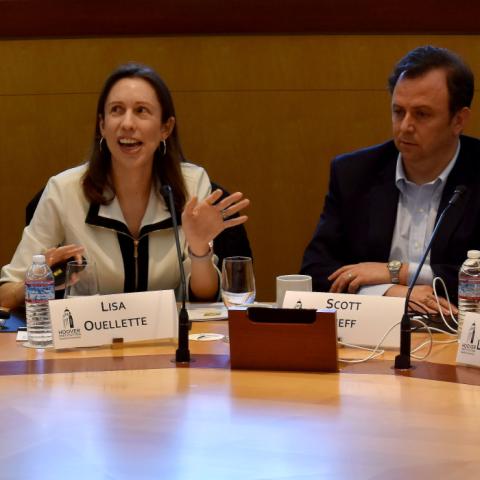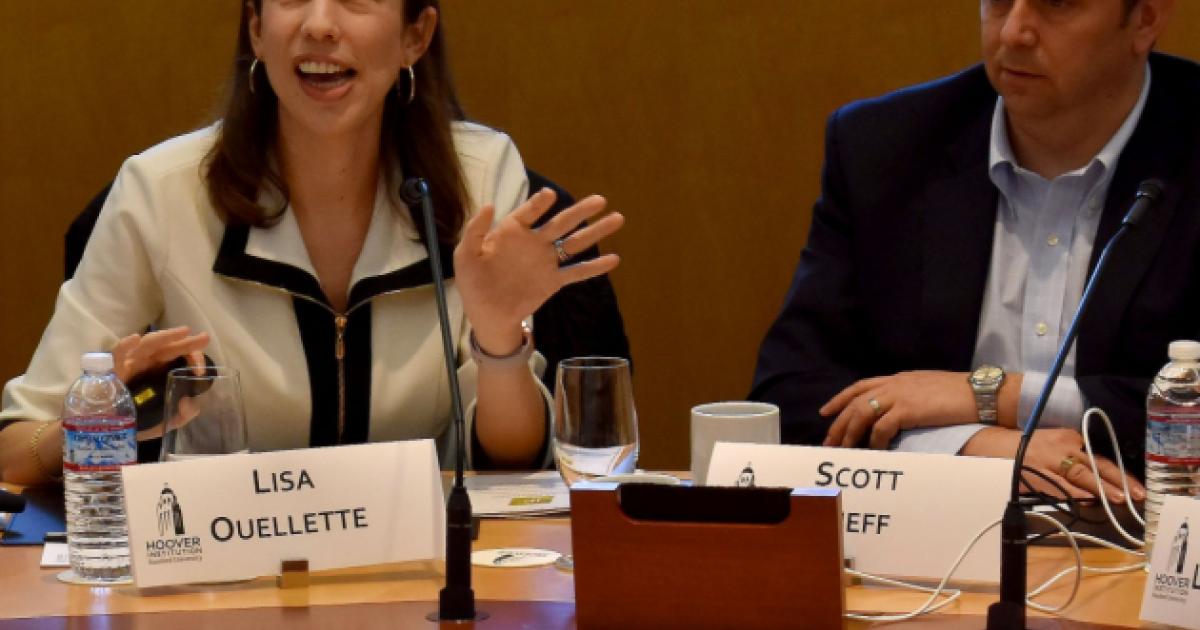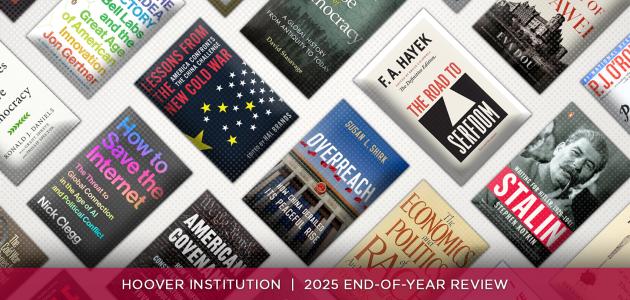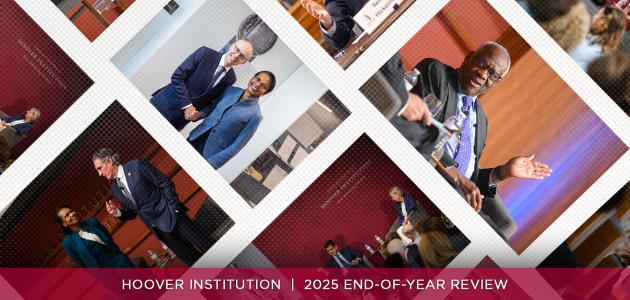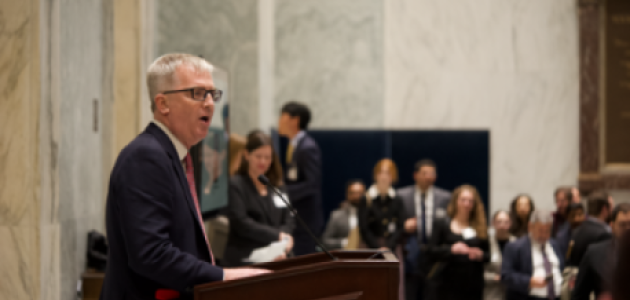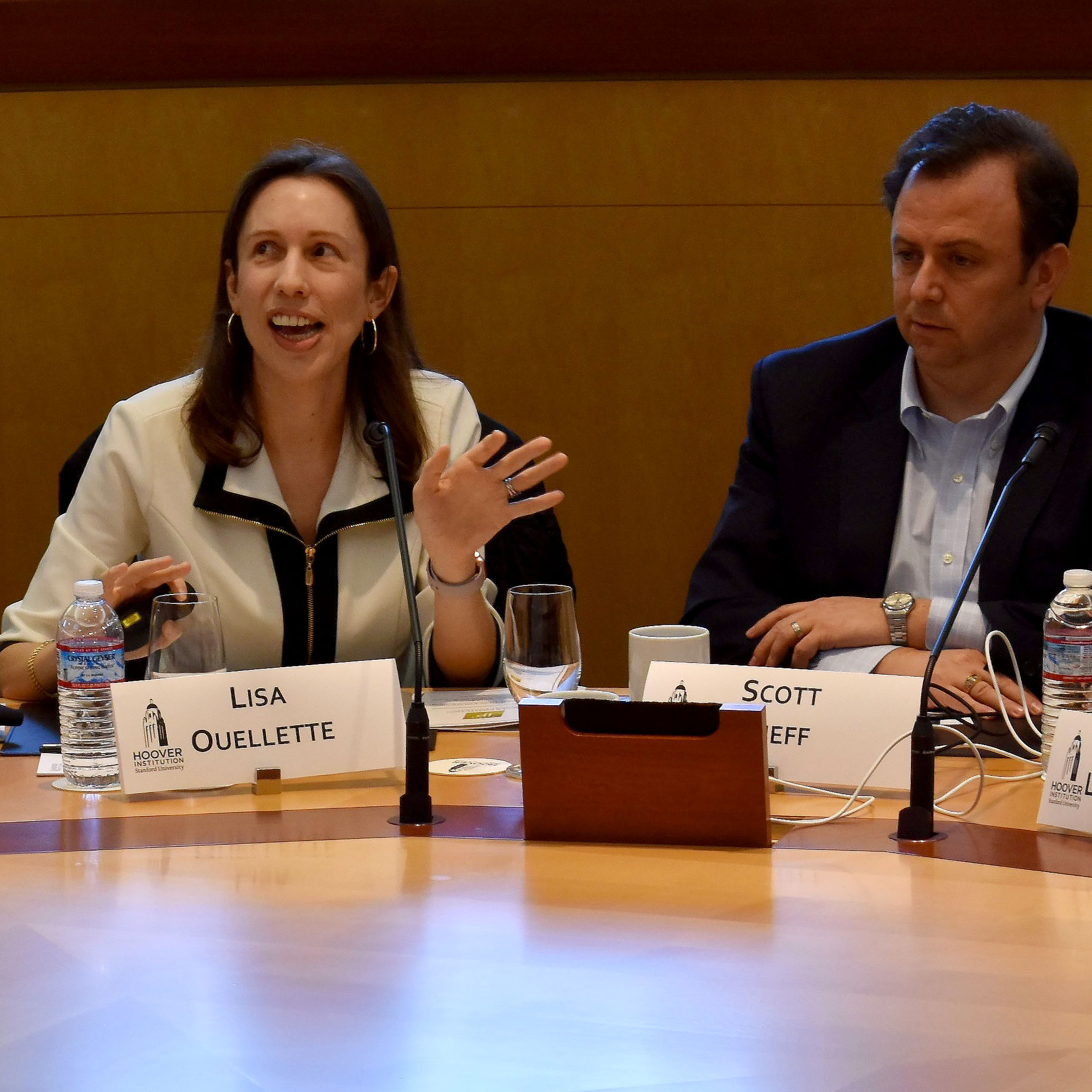
The Hoover Institution Working Group on Intellectual Property, Innovation, and Prosperity’s (Hoover IP²) kicked off 2018 with a two-day conference, “Patent Practices and Policy: The Backbone of the Innovation Economy. ” Papers presented at the conference, held at Stanford University on January 11–12, 2018, focused on how patents and the patent system influences inventors, researchers, and the legal system and on the wide ranging economic impacts of IP-intensive industries.
Patent-focused research included:
- Stanford Law School professor Lisa Ouellette assessed the extent to which biotechnical and chemistry patents serve as a research source of scientific and technical information for researchers in those industries
- Alan Marco, former chief economist at the USPTO, examined how the timing of disclosure of post-grant information affects the likelihood of litigation for patents
- Northwestern’s Matthew Spitzer challenged the assumption that inventors and entrepreneurs behave the same as economic actors in other sectors with regard to payout incentives and risk aversion
- Greg Sidak and Jeremy Skog of Criterion Economics presented a method for determining the apportionment of value for patents that comprise a patent portfolio
Research on IP-intensive industries included:
- Shawn Kantor and Alexander Whalley examined how the Space Race-induced expansion of the high-tech sector affected labor demand in the manufacturing sector
- Richard Sousa from the Hoover Institution demonstrated that the US’s aging population is becoming increasingly dependent on IP-intensive industries, highlighting the need for policies that foster continued innovation in these sectors
A full list of participants and the presentation slides can be found on the conference webpage.
The conference is the ninth in a series of semiannual conferences organized by Hoover IP². The conferences feature presentations of leading academic research addressing intellectual property rights, particularly how intellectual property rights affect innovation. Papers presented at the Hoover IP2 conferences emphasize reason, data, and evidence over rhetoric and ideology.
Hoover IP² is a working group organized at the Hoover Institution, Stanford University. It has developed a network of scholars (economists, legal experts, political scientists, and public policy experts), representatives from industry, and attorneys who examine intellectual property rights protection with an eye toward data and reasoned analytics.







